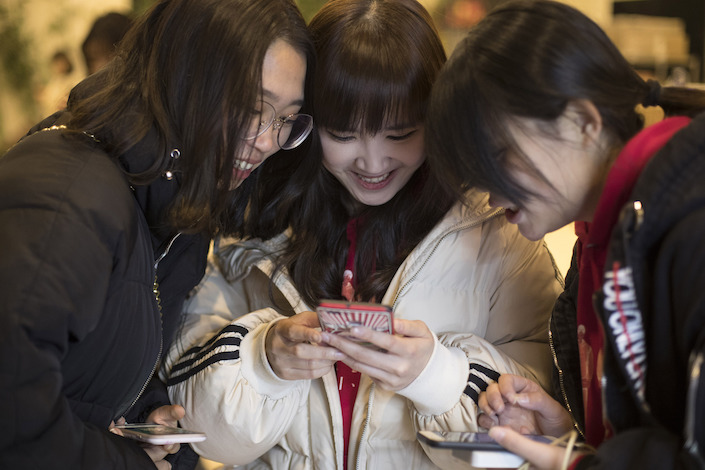What’s trending?
Sina Weibo, China’s biggest social media site, reopened its trending topics list on Wednesday afternoon. The Cyberspace Administration of China had ordered Weibo to freeze the list for a week as punishment for Weibo “disturbing online order” and “posting illegal information in violation of regulations.”
What’s the story?
Weibo’s trending topics list is back after a week of suspension, fines, and internal review procedures. Web regulators said the punishments were related to Weibo’s violations in an incident involving a person surnamed Jiang, without providing further details. People suspected that they were referring to Weibo’s suppression of viral posts in April regarding an alleged affair of Jiang Fan, Alibaba’s e-commerce chief. Immediately after the feature’s reactivation, the most popular topics included the Covid-19 outbreak in Beijing and abroad, China-Indian border conflict, and China’s college entrance exam timeline this year.
Weibo launched its trending topics list in 2010, and since then, it has become a convenient tool for netizens to follow hot news stories and celebrity gossip. In concept, the list of hashtags is based on user behavior and updated every minute. However, it is no secret that people can buy their way onto the trending topics list. One of the top three spots, for example, costs about 50,000 yuan ($7,066). It is predicted that Weibo will be more careful in dealing with negative content and celebrity news from now on.
What are people saying online?
The hashtag “trending topics list is back” has received 690 million views on Weibo. People have expressed mixed feelings on the list’s return. Some say that they enjoyed reading directly from news providers and a break from the noise of celebrity gossip. “If trending topics depend on who paid more money, I’m fine without it,” one user wrote.
Meanwhile, others who rely heavily on the list to stay informed have enthusiastically welcomed its return and likened their joy to the feeling of reconnecting to WiFi.
– This article originally appeared on Caixin Global.






